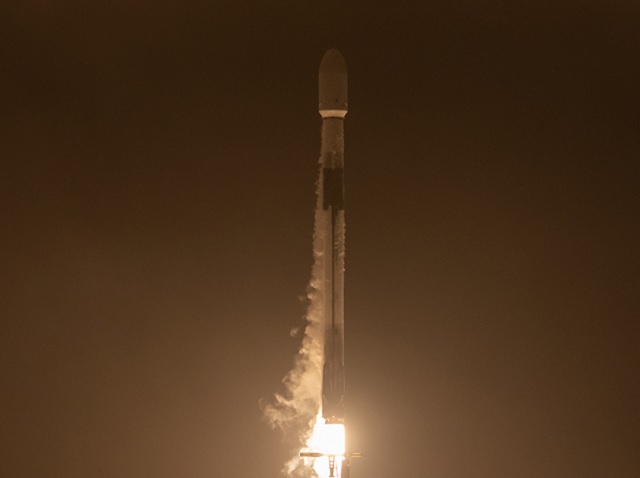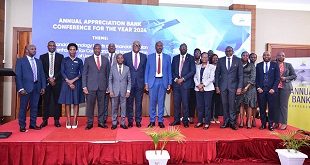
Nairobi, Kenya | Xinhua | Kenya on Saturday marked a new milestone in space exploration by launching the first satellite dubbed “Taifa 1” into space after three botched attempts linked to bad weather.
Developed by nine Kenyan engineers, the observation satellite blasted off aboard SpaceX’s Falcon-9 full-thrust rocket from Space Launch Complex 4E (SLC-4E), at Vandenberg Space Force Base in the United States of America.
The launch of Taifa 1 was described by the Kenya Space Agency as a historic milestone, amid efforts to harness space science to tackle present-day ecological challenges like the climate crisis. Taifa is a Swahili word meaning “nation” in English.
Alloyce Were, an aeronautical engineer and deputy director of Navigation and Positioning at Kenya Space Agency, said the satellite while orbiting in space will capture and relay images that would aid response to climatic shocks.
In addition, Taifa 1, which was assembled with the aid of Bulgarian aerospace company Endurosat at a cost of 50 million shillings (about 372,000 U.S. dollars), over two years will also boost surveillance on forestry and urbanization, said Kenya Space Agency.
The satellite will also collect agricultural data, monitor wildfires and aid local efforts to combat food insecurity while strengthening disaster management, noted Kenya Space Agency.
Its launch after three failed attempts last week linked to unfavorable upper-level wind conditions according to Kenya Space Agency is expected to revitalize the push for space exploration in Africa.
According to local media reports, Egypt was the first African country to send a satellite into space in 1998 while in 2018, Kenya launched its first experimental nano-satellite from the International Space Station.
By 2022, at least 13 African countries had manufactured 48 satellites, according to Space in Africa, a Nigerian-based firm that tracks the progress of space programs in the continent.
So far, more than 50 African satellites have been launched as of November 2022, though none from the continent’s soil, says Space in Africa, adding that in January, the Djibouti government inked a deal with a Hong-Kong based-company to build a 1-billion-U.S. dollar commercial spaceport which is expected to take five years to complete.
 The Independent Uganda: You get the Truth we Pay the Price
The Independent Uganda: You get the Truth we Pay the Price


